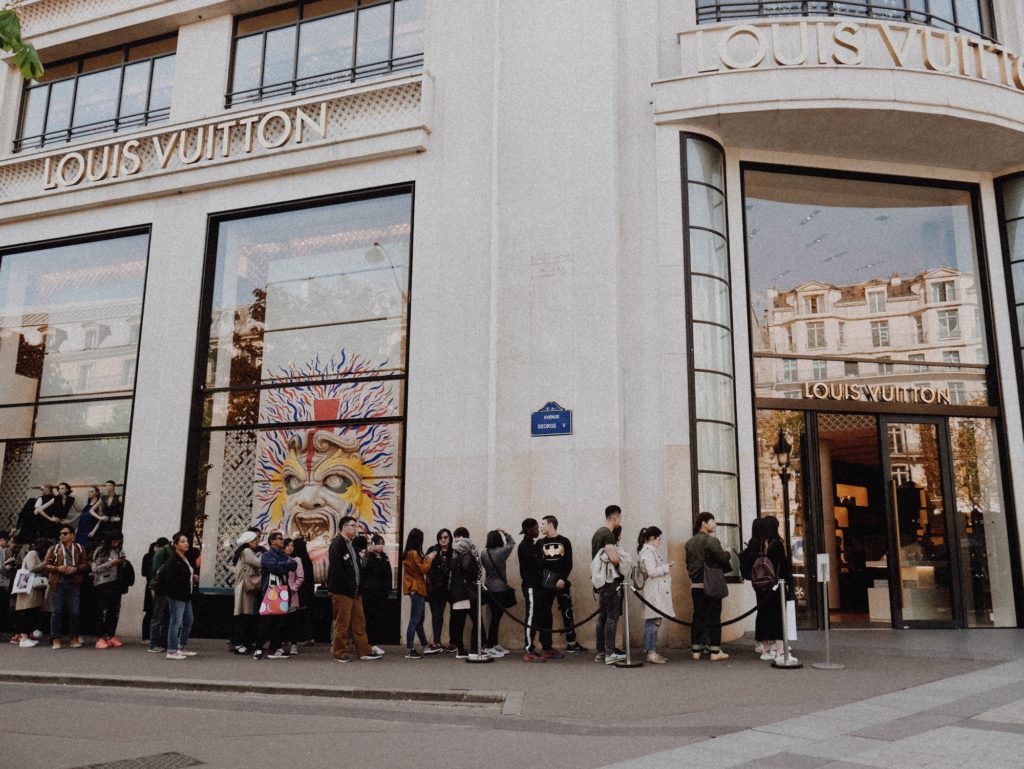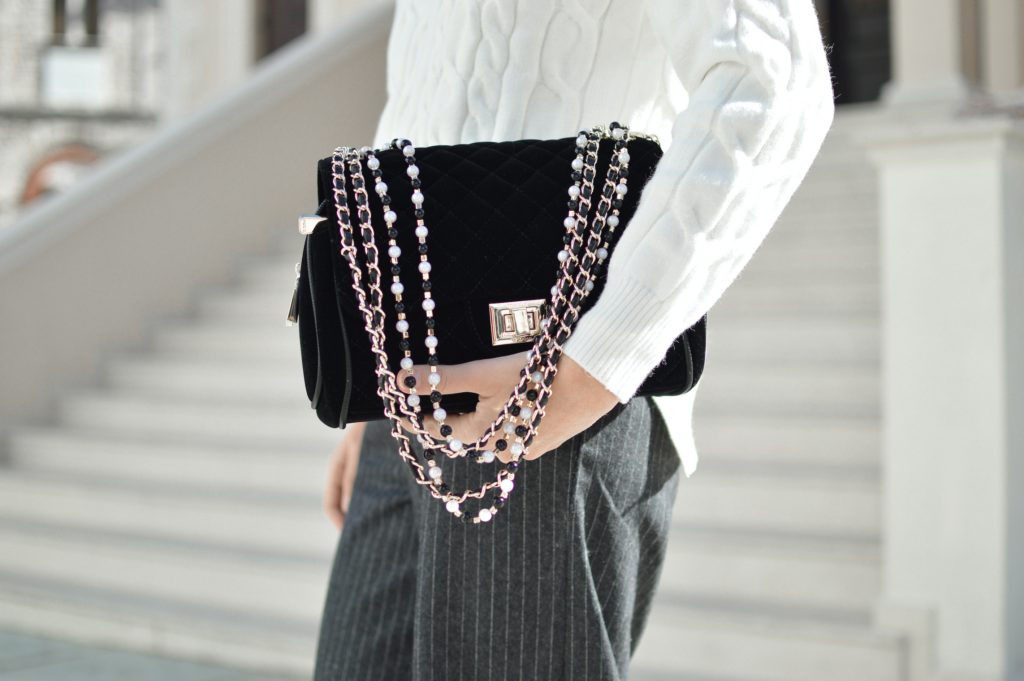There are people who rush to their favorite brand product as soon as their paycheck comes in. It may not be something they particularly really want, but the ‘want’ to collect the “brand” product, creates the ‘need’ for it. This is called brand addiction. For some, this unhealthy need may even create financial problems.
Many people find satisfaction in owning brand goods. It’s not a problem if there’s enough money for it, but some people tend to overreach for what they can afford. In this post, we’ll discuss brand addiction, why people feel the need for it psychologically, and how to prevent it.
Contents
The Psychology of Brand Addicts

A tiny luxury brand logo placed on a plain white t-shirt can inflate the price tag to surprising amounts. The material or design doesn’t have to particularly be special for a high-end brand product to sell. Then why are some people so fixated on brand products and can’t help to own more?
The Need to Feel Superior

When a person wears luxury items out or posts an expensive bag that they bought, they get a reaction whether it’s the like button or a direct compliment. This empowers them to feel superior and this alone is a good enough motive for some people to purchase these products.
Studies show that people who have the need to feel superior usually have an Inferiority complex. This is why they are unconsciously attracted to things that signify power.
The Satisfaction of Owning Certain Name Brands

The satisfaction that comes from owning brands is enough for someone to become a shopaholic. It is healthy to work towards a goal to own what you want, but excessive desires can put us under financial strain.
The Collectors Mentality

Some people have a collectors mentality where they just want it because it’s a new product even when they don’t have an immediate use for it. This can lead to excessive buying. In this case, the ‘purchasing’ of the brand becomes the goal. These types of people tend to spend on several brands to collect, but oftentimes lose sight of their spending habits.
There are also people who lose interest once they ‘own’ the item with most collected items being unused and stored at home.
How to Not Overinvest Into Brand Addiction

If you’re wealthy enough, it may be no issue to keep spending on luxury items, but some people want to stop this habit. Conscious and deliberate actions are necessary to prevent the habit of spending.
1. Find A Hobby

People who depend on brand names for value oftentimes find joy in collecting luxury items. If they find something else they can feel passionate to focus on, it could change their priority and beliefs in what’s important besides shopping. Therefore, we recommend finding a hobby first.
It can be an outdoor or indoor activity. We recommend something as casual as running or karaoke where participation is fairly easy. Participation in hobbies will distance a shopaholic from the desire to shop and fulfill the loneliness that they might have been trying to fill in.
Study shows that a portion of people who fall into becoming a shopaholic tend to have very thin relationships and don’t have the opportunity to self-express. If there is void and loneliness that creates the need to suppress their feelings, it’s only natural that they resort to shopping to fill it in.
Hobbies and fun activities are effective in feeling less lonely.
2. Learn How to Manage Finances

Many people who overspend on luxury items don’t have accurate ideas on how much they’re actually spending. They use their credit card for the purchase and feel surprised by the total bill later. It can feel like a never-ending cycle of payments that keep accumulating.
Money habits need to be addressed daily for responsible financial decisions.
Nowadays there are tons of apps that can help keep track of our expenditure. The most important thing is to understand how much you are actually using. Once there’s a clear understanding, it’s easier to pull back from spending habits.
3. Seek Professional Help

If the shopaholic tendencies and brand addiction is serious, you can seek professional help for these problems. Trained and licensed professionals can help anyone progress in the right direction and is better than trying to fix it on your own.
Some professionals offer group therapy specifically for people with a shopping addiction. Group therapy can be helpful because it makes people realize that they are not alone, and they can meet like-minded people making the same progress.
Can an AI app provide support? Try the SELF MIND app for a FREE trial.
What Brings Real Prosperity?

Luxury brand items signify prosperity. Many purchase and own it for status and empowerment, but some people get stuck on the idea of purchasing these things.
If you’re finding yourself stuck with shopaholic tendencies, let’s once again rethink what prosperity really means to you at a deeper level.
References:
Satomura, T. (2007). Understanding brand purchase behavior using negative multinomial model. Mita Business Review, 50(2), 35–48. https://core.ac.uk/download/pdf/56673918.pdf
Hayashi, K., Hashizume, M., Kuroki, R., Hashi, K., Asami, K., Fujii, Y., Sunagawa, H., Tsuboi, K., Katsuragawa, S., & Kuroki, N. (2013). Eating Disorder and Female Lifecycle − A case report with financial ruin due to binge eating and shopaholic. Japanese Society of Psychosomatic Obstetrics and Gynecology, 17(3), 304–310. https://doi.org/10.18977/jspog.17.3_304
Fujito, K., & Iwabuchi, C. (2017, September). Study on Relationship between inferiority feelings and assumed competence. The 81st Annual Convention of The Japanese Psychological Association, Fukuoka, Japan. https://doi.org/10.4992/pacjpa.81.0_1C-005



